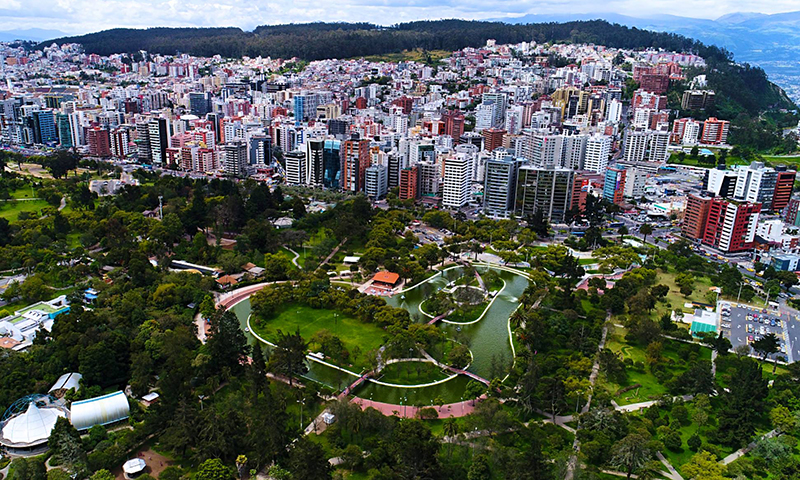DPU Working Paper - No. 196
Public space betterment as empty infrastructure: Political temporality and geographies of privilege in Quito

30 July 2018
By María Emilia Jaramillo Rodríguez
Although public space has been recognised as playing a central role in human well-being in urban areas, its bare existence does not necessarily guarantee this positive outcome. How these spaces are created, used and accessed, and how they exclude citizens, especially subaltern groups, should be central to the creation of urban plans and policies. This working paper locates this discussion in the Ecuadorian capital of Quito, calling to evaluate the notion of “the public” and its use (and misuse) in urban policy and in the politics of the city. As well as articulating contemporary theoretical debates along with empirical analysis of the notion of public space, exclusion/inclusion and geographies of privilege, historically contextualising back to the Inca pre-colonial era. The evident disconnect in Quito between the generation of public policy concerning public spaces and the creation of such spaces, led this paper to link questions of betterment in the process of urban development and the politics of exclusion. Drawing from personal experience in public management within the Municipality of Quito, data and theory, this paper undertakes a critique to the current model of production of space of Quito’s Municipal Government and challenges the notion that exclusively through the betterment or creation of public spaces, deep-rooted social injustices can be alleviated.
Download the paper here:
 Close
Close

